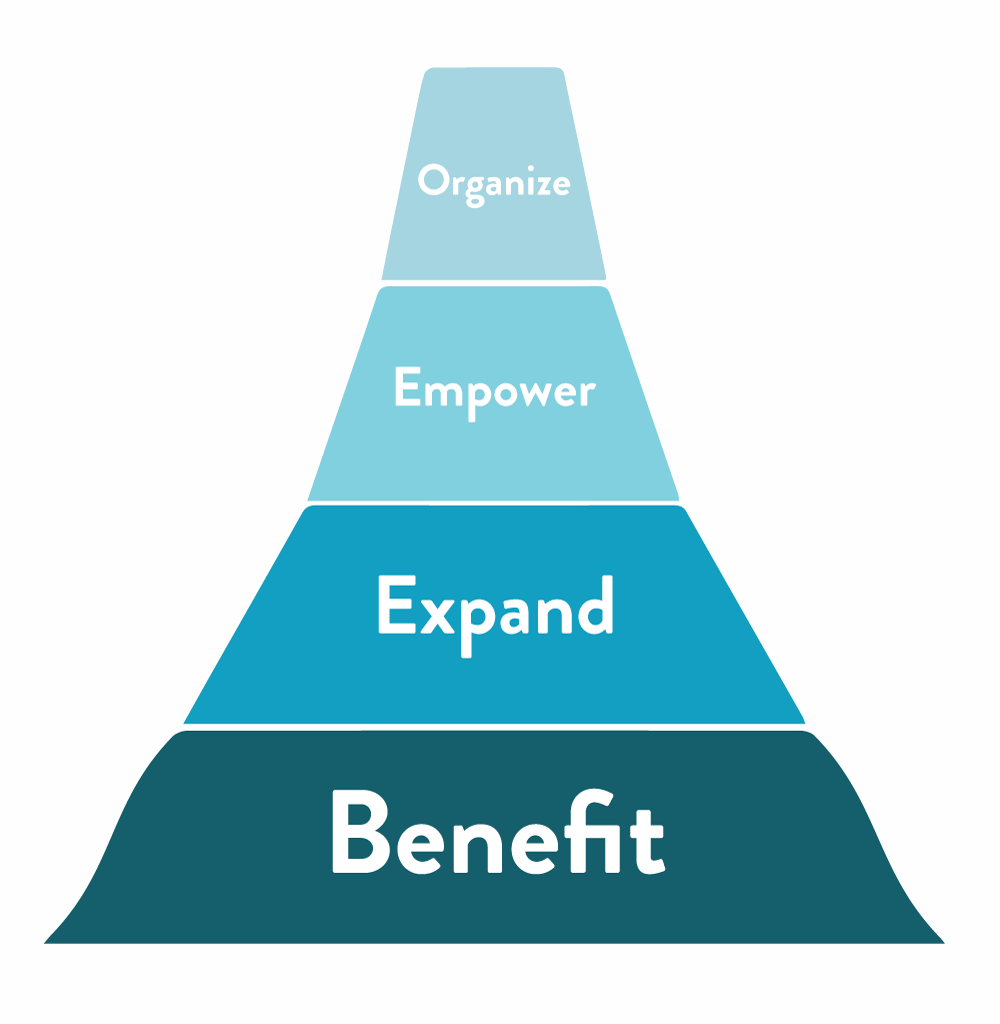When your ship is sinking, is it better to try to patch the leaks, or to build another boat?
In higher ed, whether we realize it or not, our first instinct is often to build another boat. When our existing programming stops drawing crowds, we look for new programming to bring them back. What we should do instead is ask ourselves, "Why did this stop working?" and then try to fix it.




